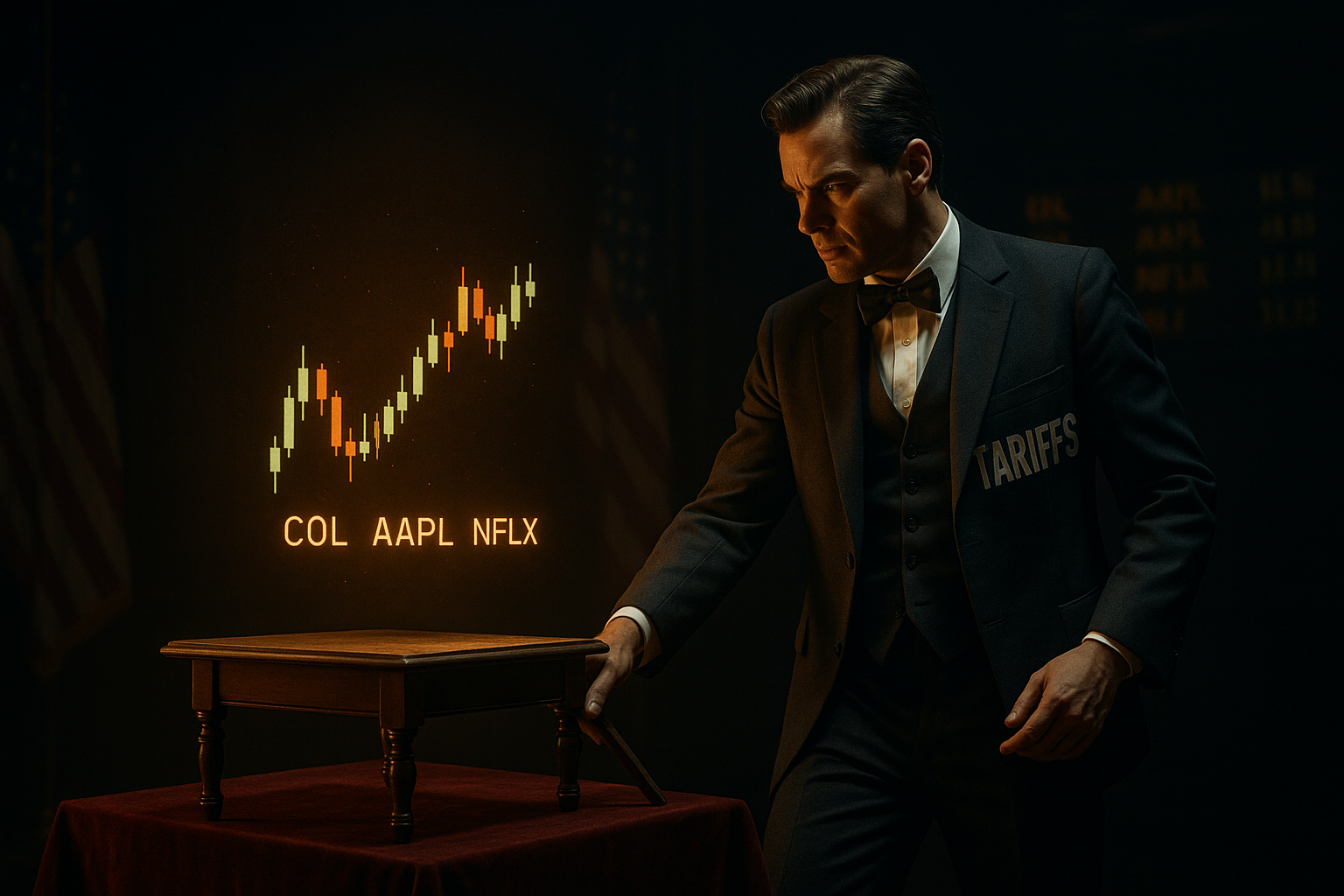Warren Buffett has spent decades cementing his legacy through sophisticated investment strategies and an uncanny ability to spot undervalued companies others overlooked. Yet here we are in 2025, and what's his magnum opus? Buying Apple stock. In 2016. When literally everyone on the planet already knew what an iPhone was.
There's something deliciously ironic about this outcome. The Oracle of Omaha—who famously shunned tech stocks for most of his career, who missed the entire dot-com boom, who openly confessed his bewilderment at Google's business model—made his most spectacular win by purchasing... the most obvious tech behemoth after it had already conquered the world.
It's like watching a chess grandmaster win the world championship by moving his pawn forward two spaces. Revolutionary stuff, Warren.
The numbers, I'll admit, are mind-boggling. Berkshire started accumulating Apple around 2016 when shares traded at a split-adjusted $30-ish. Today? They're hovering above $170. The position now represents nearly half of Berkshire's entire stock portfolio, worth approximately $155 billion and generating over $100 billion in gains.
But let's call this what it was. This wasn't some contrarian bet on an overlooked value stock hiding in the market's shadows. Apple in 2016 was already a $600 billion colossus. The iPhone had already transformed modern life. My mother owned one, for heaven's sake.
Traditional value investing—the gospel Buffett preached for decades—says you should uncover hidden gems. Find the misunderstood company. Spot the temporarily distressed asset everyone else has mispriced.
Instead, Buffett basically pointed at the most successful company of our generation and said, "Yeah, I'll have some of that." And then... it worked. Spectacularly well.
So what happened here?
One theory: maybe the greatest market inefficiency isn't hiding in obscure small-caps but sitting right in plain sight. When Apple hit $600 billion, perhaps analysts and investors couldn't imagine it reaching $3 trillion. They'd been crying "peak iPhone" since roughly the Obama administration (and continue to do so every product cycle since).
Another explanation (the one I find more compelling) is that Buffett's evolution from strict Benjamin Graham-style value investing reached its final form with Apple. Quality at a reasonable price trumped traditional value metrics.
Buffett himself said in 2020 that Apple was "probably the best business I know in the world." He wasn't buying a device manufacturer—he was investing in an ecosystem with switching costs higher than the walls of Fort Knox.
Look, I'm not suggesting Buffett just stumbled into a lucky break here. He correctly identified something fundamental that many tech experts missed: Apple wasn't merely selling phones; it was selling identity, status, and convenience at premium prices. And people would keep paying, again and again.
The real genius, though? Patience and conviction. While others (including some at Berkshire who initially purchased the shares) might have booked profits after doubling their money, Buffett held. And held. And kept holding as the gains multiplied.
There's a powerful lesson about the virtue of doing nothing. In our financial world obsessed with activity—with constant trading, rebalancing, and "active management"—sometimes the most profitable strategy is buying something obvious and then sitting on your hands for years while everyone else frantically shuffles their portfolios.
I've covered value investing strategies for years, and what I find most fascinating about this situation is that after decades of sophisticated insurance float leverage and complex business analysis, Buffett's crowning achievement essentially boiled down to: "Hmm, people seem really attached to these iPhone thingies. Maybe I should buy some stock."
Sometimes the obvious move is the right one. And occasionally, the greatest investment genius manifests not in unearthing hidden gems, but in recognizing that the giant standing in plain sight still has plenty of room to grow.
Who knew that buying the world's most recognizable company—at a time when it was already dominant—would turn out to be so damn brilliant?




